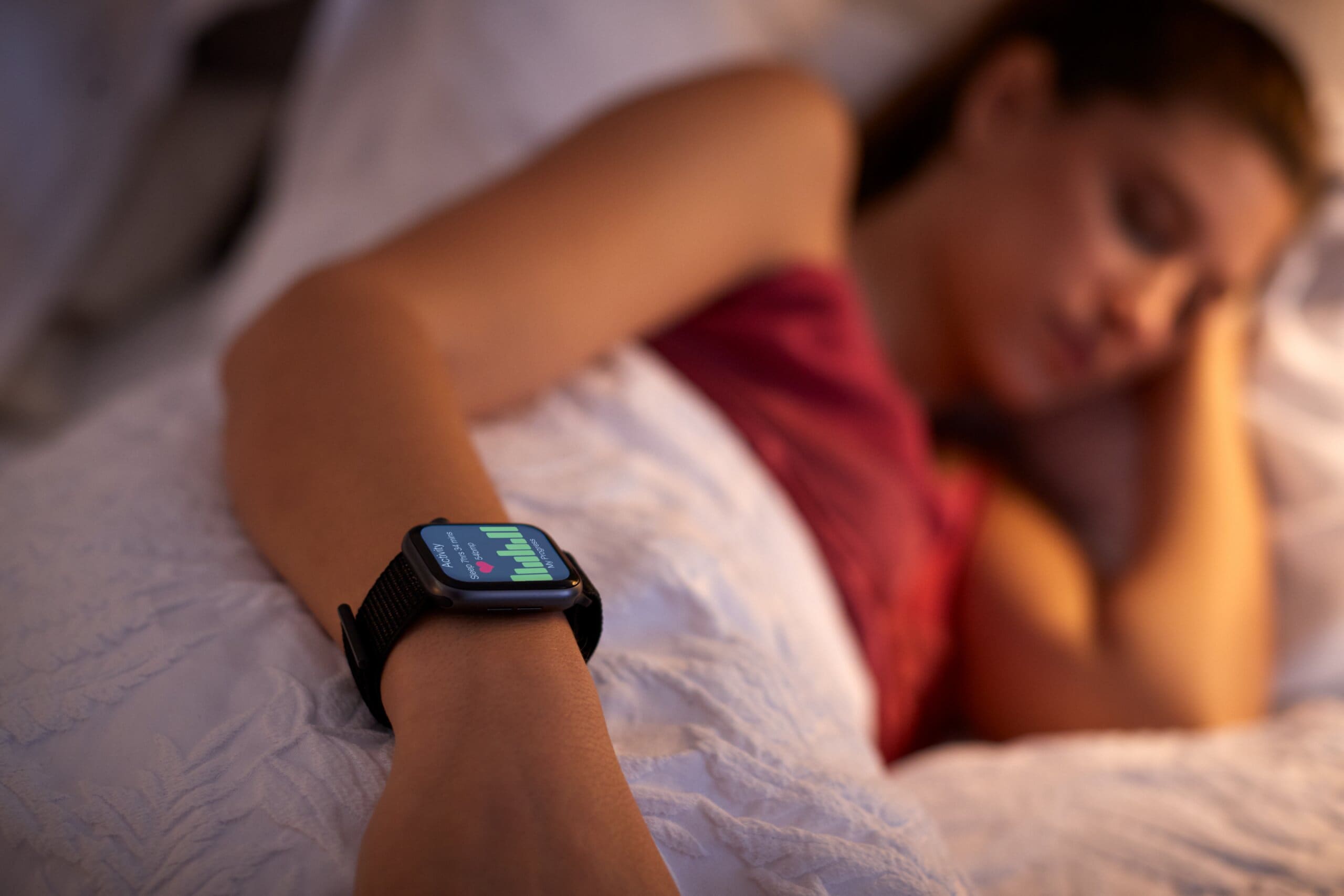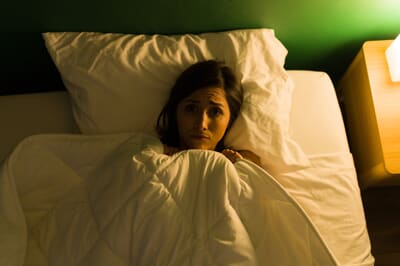When the sun comes out and the days get longer, many of us become more active. Whether it’s early morning jogs, lunchtime walks, or simply sweating it out during a heatwave, summer is the season of movement and sweat.
And if you’re like millions of others, your smartwatch is right there with you, tracking every step, heartbeat, and calorie burned.
But have you ever stopped to think about what else your smartwatch is collecting during these hot, active months?
At MattressNextDay, we wanted to uncover the truth about just how dirty our smartwatches get, especially in summer. So, we decided to put them to the test.
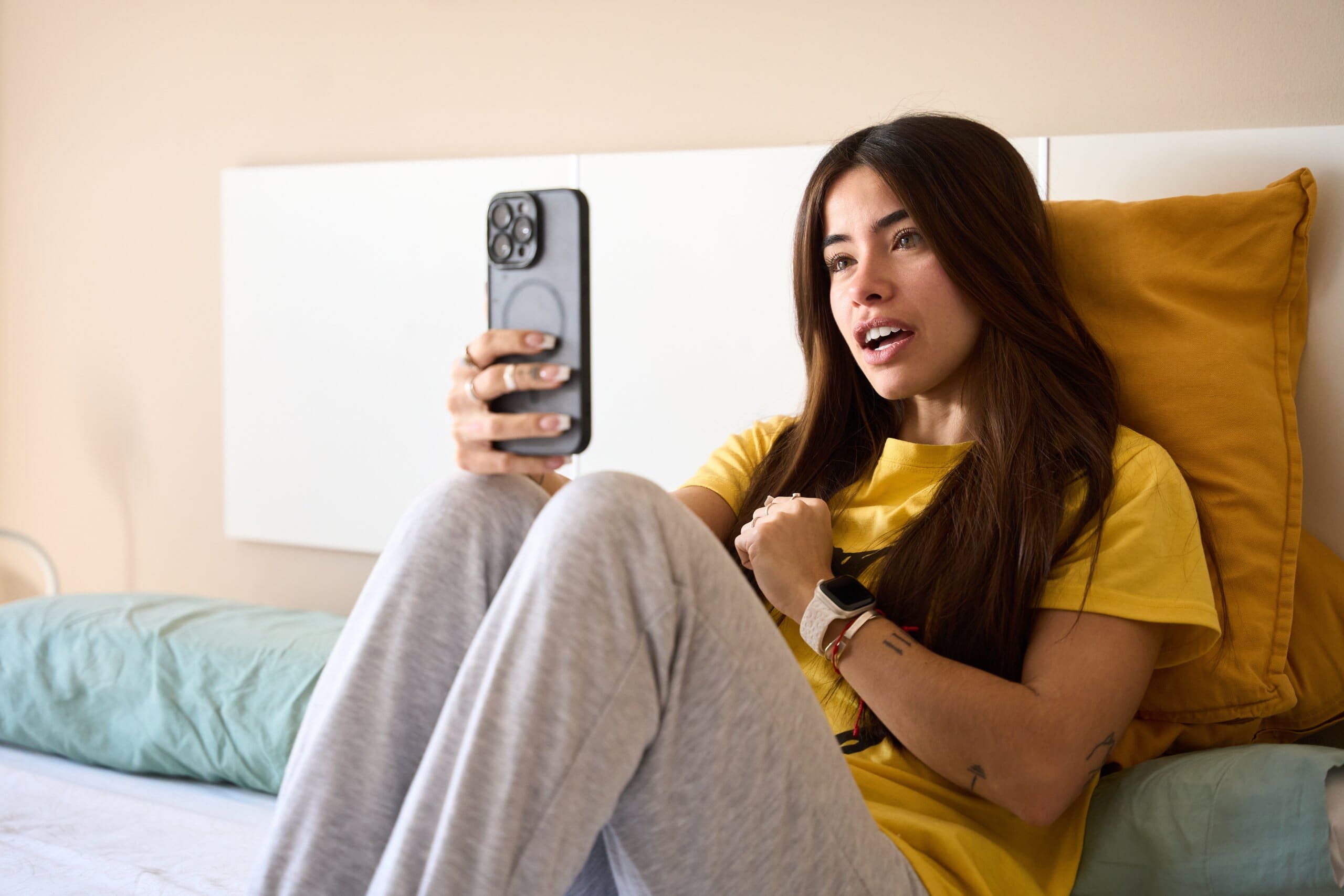
The Swab Report: 70% of smartwatches are contaminated with Pseudomonas aeruginosa
We swabbed a range of smartwatches worn by people during their normal day-to-day activities, including gym sessions, commutes, after-work socials, and, of course, while sleeping. Each swab was carefully sealed and sent to a professional laboratory for analysis.
The lab results were eye-opening. Not only did we find a shocking variety of bacteria, but one name kept coming up over and over again: Pseudomonas aeruginosa.
This bacterium is known for its resilience and ability to thrive in warm, moist environments. And, unfortunately, it was found present on the majority (70%) of the smartwatches we tested.
What is Pseudomonas aeruginosa and why should you care?
Pseudomonas aeruginosa is a bacterium that’s often found in cockroach droppings, soil and water, but it’s also a notorious inhabitant of warm, damp environments, such as your sweaty smartwatch band. What makes this bacteria so concerning is its ability to survive on surfaces for days, even weeks, and its resistance to many common cleaning agents.
For most healthy people, Pseudomonas aeruginosa can cause mild skin irritation or rashes. But if you have sensitive skin, eczema, or even a tiny cut on your wrist, this bacteria can cause more serious infections. In rare cases, it can even lead to folliculitis (painful, inflamed hair follicles) or more severe skin conditions. For anyone with a weakened immune system, the risks are even higher.
What’s truly alarming is that the bacteria doesn’t just stay on your watch. If you wear your smartwatch to bed, which many do to track their sleep, you’re bringing that bacteria into direct contact with your sheets and pillowcases. Over time, your bedding can become a secondary home for these germs, increasing your risk of skin problems and potentially even respiratory issues if bacteria become airborne.
Why summer is the worst season for smartwatch hygiene
It’s no secret that we sweat more in summer. But what does that mean for your smartwatch? Sweat isn’t just salty water - it’s a cocktail of oils, dead skin cells, and proteins. When it soaks into your smartwatch band, it creates a sticky, damp environment that helps bacteria thrive.
Think about your typical summer day. You might start with a workout, then dash to work, spend lunch in the park, and maybe even squeeze in a trip to the beach or a festival on a weekend day. All the while, your smartwatch is glued to your wrist, collecting not just your activity data but every drop of sweat, every particle of dust, and every bit of sunscreen or lotion you apply.
The problem is, most people rarely, if ever, clean their smartwatches. We surveyed 575 smartwatch owners and uncovered that a staggering 70% admitted they had never cleaned their device, not even after a sweaty run or a dip in the pool. Of those who have cleaned their device, only 10% clean it once a year.
Unlike your gym clothes, which get tossed in the wash after every use, your smartwatch just keeps going, day after day, growing grimier with each summer adventure.
And it’s not just the band. The tiny crevices around the watch face, the clasp, and the sensors are perfect hiding spots for bacteria. In the heat, these areas stay warm and moist for hours, allowing bacteria to multiply.
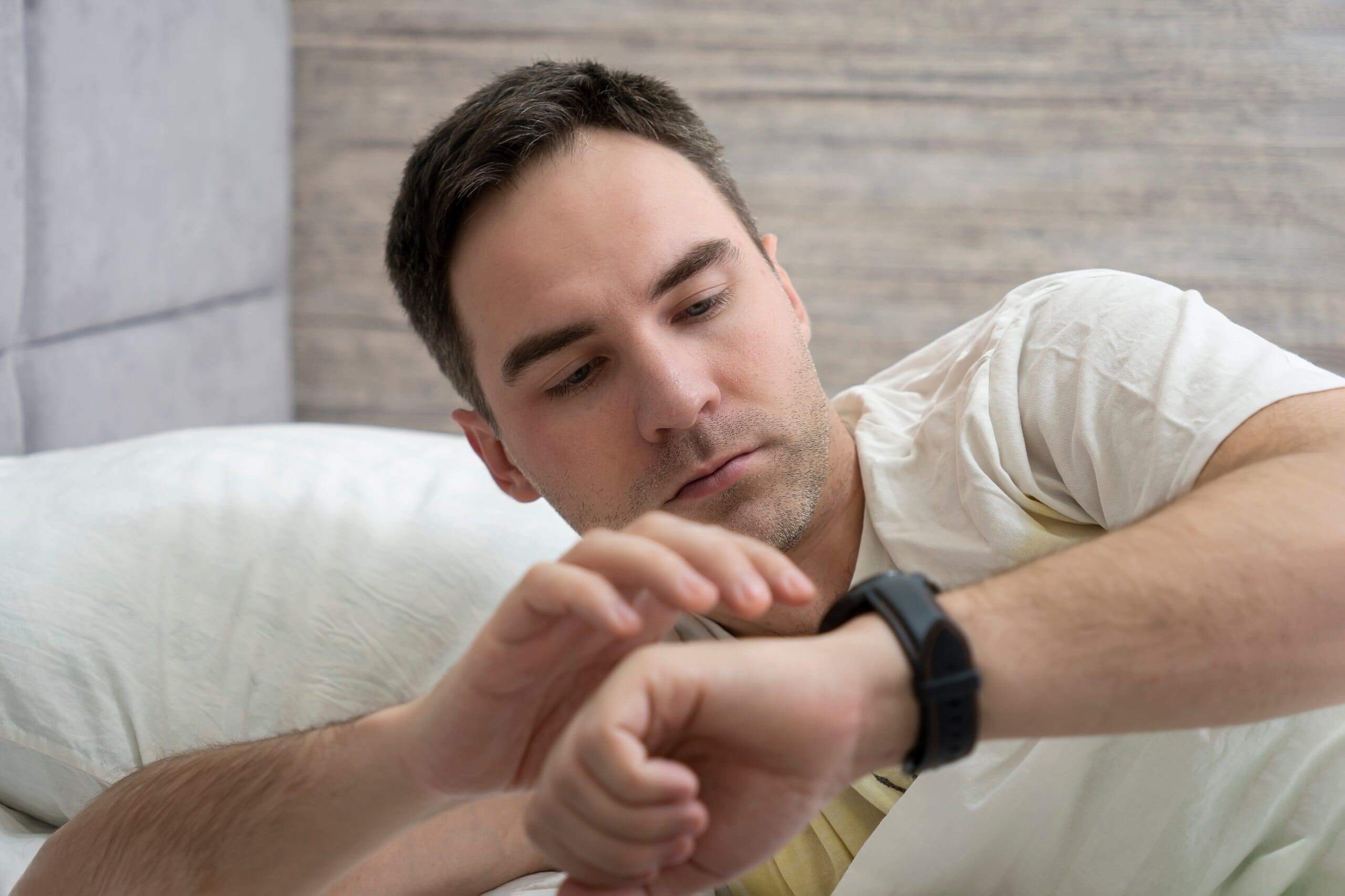
How suncream, sweat and showers can make your smartwatch even more dirty this summer
In summer, people are more likely to carry out outdoor activities such as hiking, swimming, or playing sports. All of this results in more dirt, dust, and bacteria coming into contact with your skin and your watch. Even suncream and insect repellent, while protecting you from the elements, can mix with sweat to create a sticky residue that’s hard to clean off your device.
Rubber and plastic watch bands are especially problematic. They absorb sweat and grime, and their textured surfaces make it difficult to remove all the bacteria with a quick wipe. Metal bands can be a little easier to clean, but they’re not immune to the buildup of summer grime.
Many believe that showering with their watch on will clean it, but water alone doesn’t remove the oily, sticky residue that bacteria cling to. In fact, moisture left behind after a shower can help bacteria thrive.
If you’re wearing your smartwatch day and night, especially during the summer, it’s essential to make cleaning it part of your regular routine. Just like you wouldn’t wear the same gym shirt for a week without washing it, your smartwatch needs regular attention to stay hygienic.
How to keep your smartwatch (and your skin) safe this summer
So, what can you do to protect yourself? Start by making it a habit to clean your smartwatch at least once a week - more often if you’re exercising daily or spending time outdoors. Use a gentle soap or a disinfectant wipe recommended by your device manufacturer, and pay special attention to the band and any crevices.
Make sure your watch is completely dry before putting it back on your wrist, especially before bed.
And don’t forget about your bedding. If you wear your smartwatch to sleep, wash your pillowcases and sheets at least twice a week during the summer months to prevent bacteria build-up.
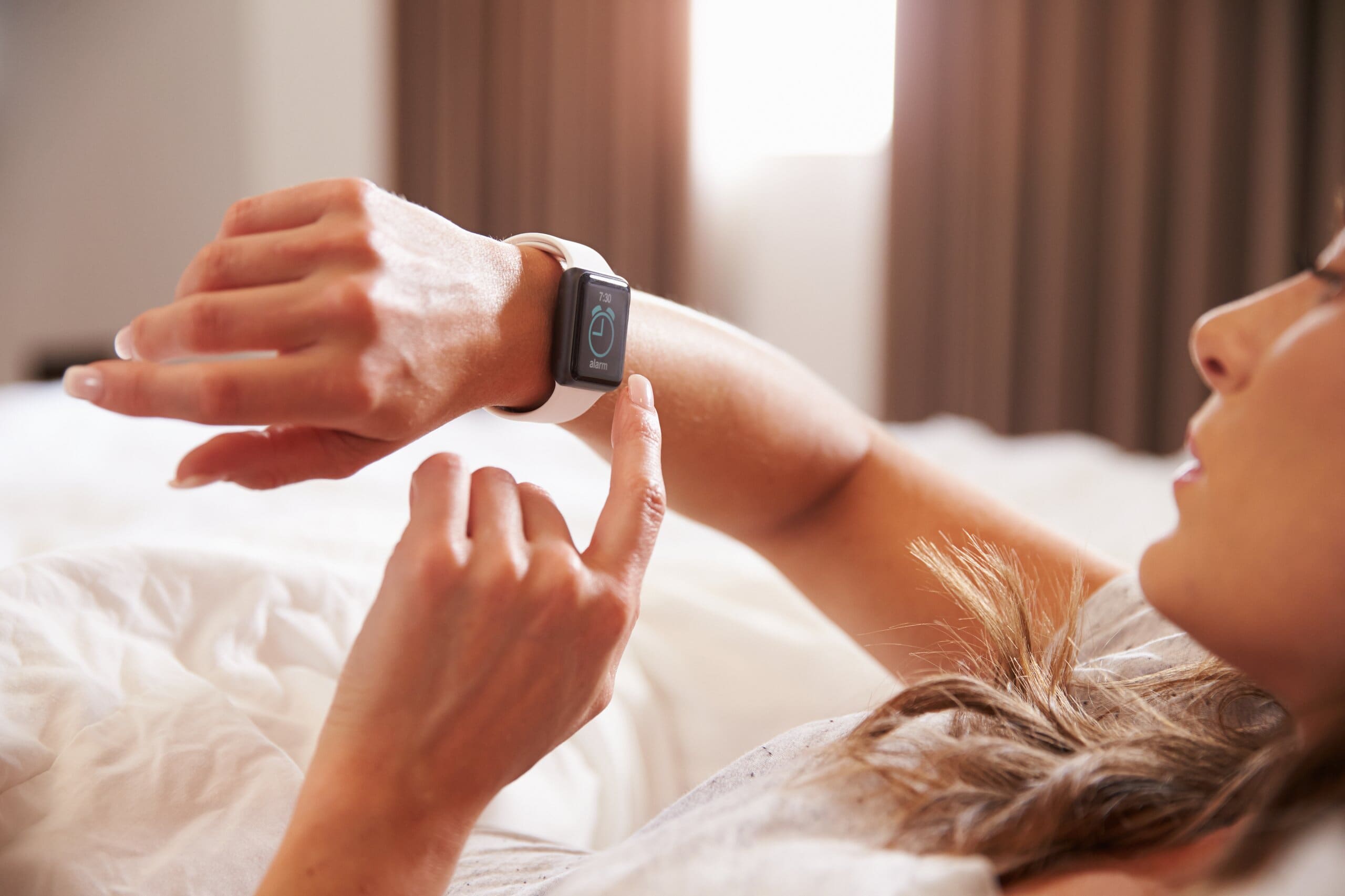
Final thoughts
Martin Seeley, our CEO here at MattressNextDay said: “As our swab report shows, your smartwatch could be tracking more than just your steps or sleep - it might be carrying a whole hidden world of bacteria, especially during the sweaty summer months. With this in mind, cleaning your smartwatch regularly should become as automatic as checking your notifications. It’s a simple step that can make a big difference to your skin, your sleep, and your overall health.”
Methodology
We surveyed 575 people across six polls to find out how often they clean their smartphones and smartwatches. Additionally, we swabbed 10 smartwatches, 10 smartphones, and a toilet seat, sending the samples to a lab to identify the bacteria living on these surfaces, revealing what germs we bring into our bedrooms and how they might affect our health and sleep.
